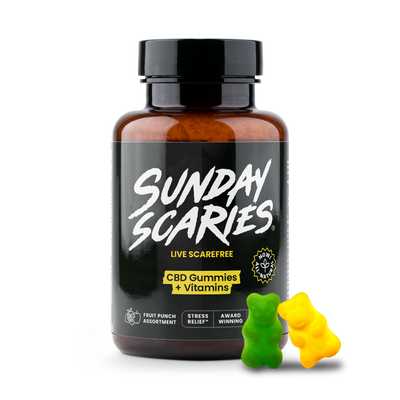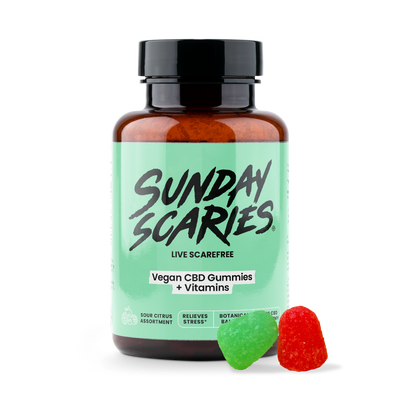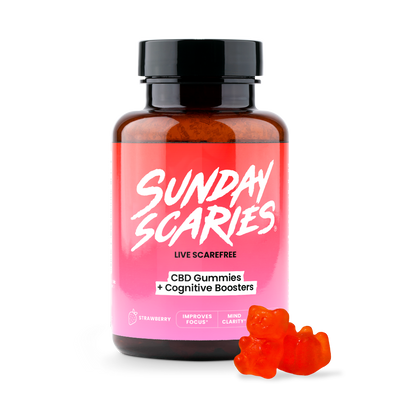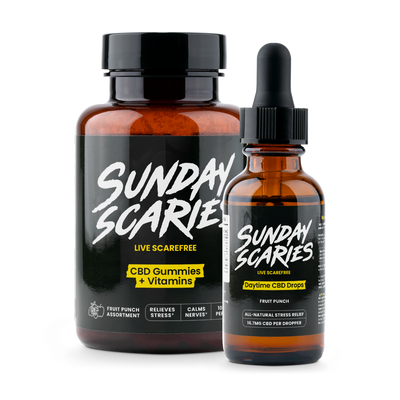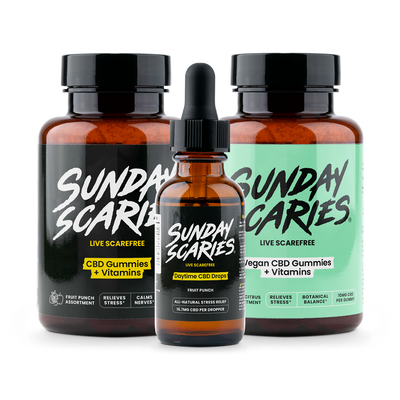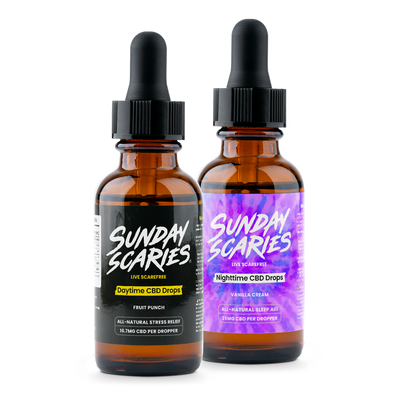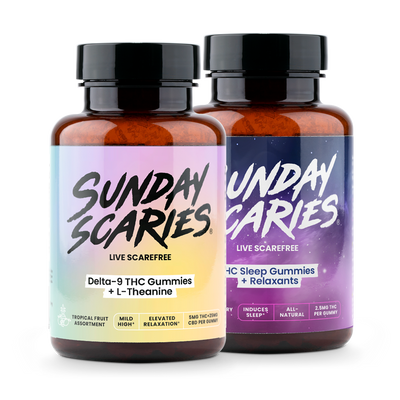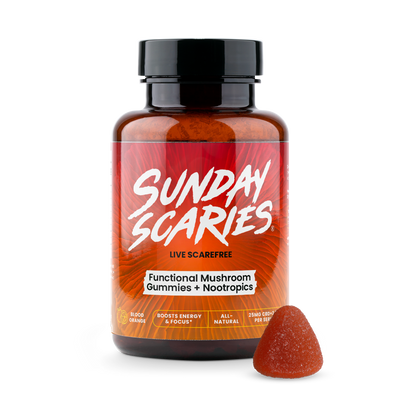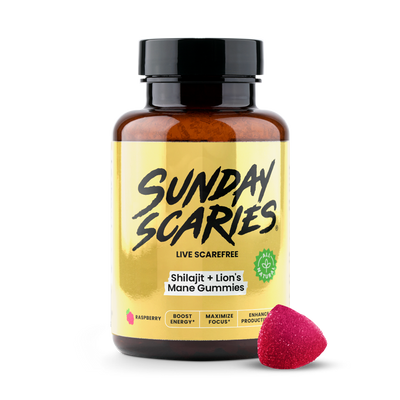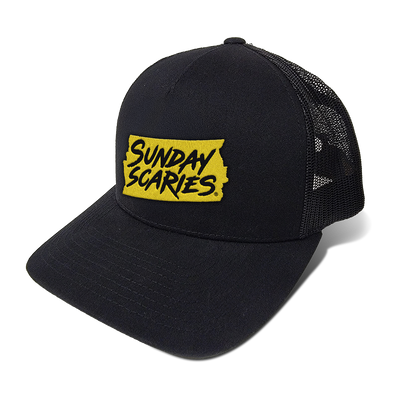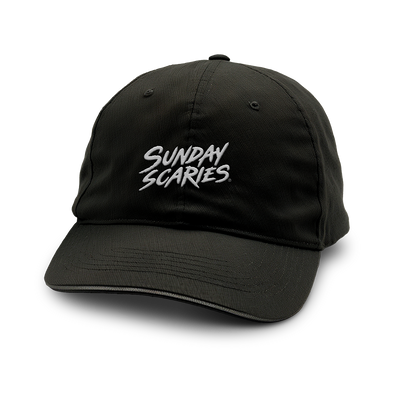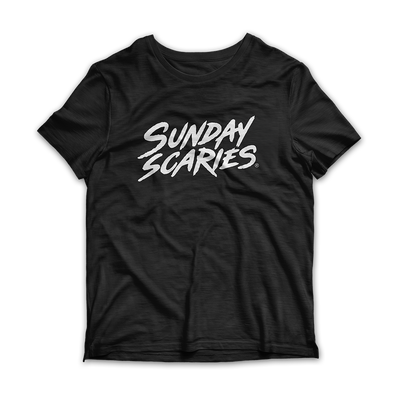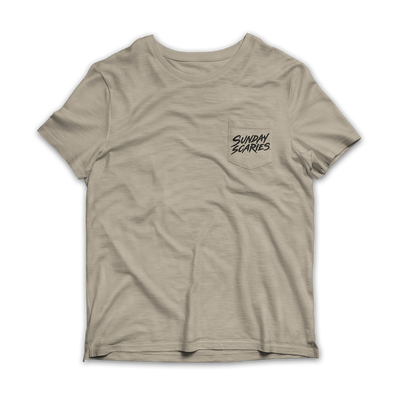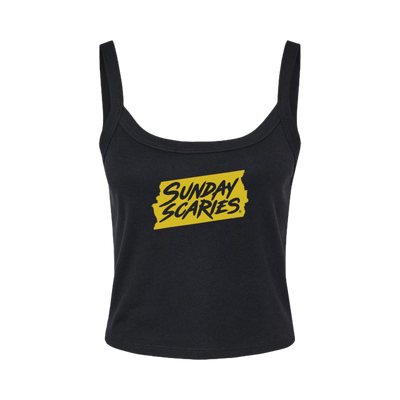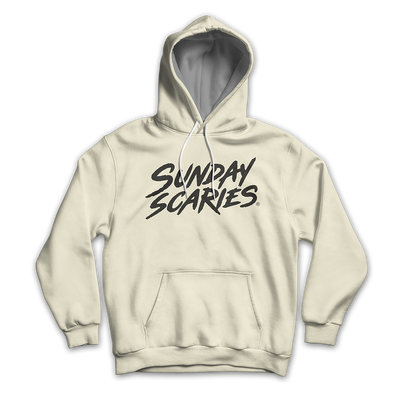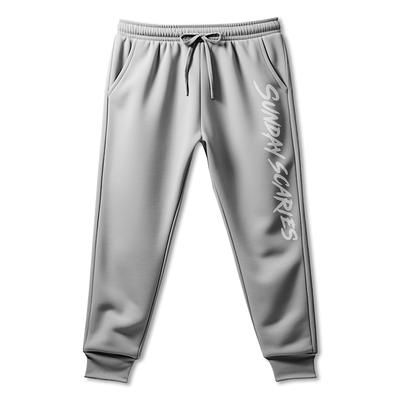
What is the Difference Between CBD and THC Edibles and Their Effects on You?
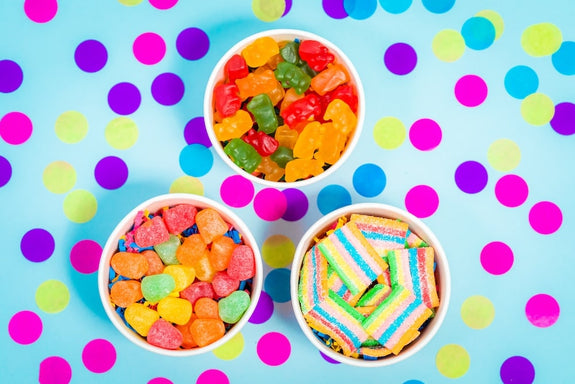
CBD and THC edibles are food products infused with cannabinoids; CBD edibles promote relaxation and pain relief without psychoactive effects, while THC edibles induce euphoria and altered sensory perception along with therapeutic benefits.
The world of cannabis edibles has expanded significantly in recent years, offering a wide array of products designed to cater to different needs and preferences. Among the most popular are CBD and THC edibles.
While both types of edibles stem from the cannabis plant, they have distinct differences and unique effects on the body and mind. Understanding these differences is crucial for making informed choices about their use.
What Are Edibles?
Edibles are food products infused with cannabinoids, the active compounds found in the cannabis plant. They come in various forms, including gummies, chocolates, beverages, baked goods, and more.
Edibles offer an alternative to smoking or vaping, providing a discreet, convenient and healthier way to consume cannabis.
Understanding CBD vs. THC
Understanding CBD vs. THC: CBD is a non-psychoactive compound (will not get you "high") that provides stress relief, sleep aid and body ache relief; while THC is a psychoactive compound (will get you "high") that induces a state of euphoria and can increase happiness, along with providing therapeutic benefits.
CBD (Cannabidiol): CBD is one of the many cannabinoids found in the cannabis plant. It is non-psychoactive, meaning it does not produce a "high." Instead, CBD is being studied for its potential therapeutic benefits, including promoting relaxation, reducing anxiety, alleviating pain, and improving sleep. CBD is typically derived from hemp, a variety of cannabis with low THC content.
THC (Tetrahydrocannabinol): THC is the primary psychoactive compound in cannabis. It is responsible for the euphoric "high" associated with marijuana or hemp use. In addition to its psychoactive effects, THC is also being studied for its therapeutic benefits such as pain relief, appetite stimulation, and anti-nausea effects. THC is more commonly found in higher concentrations in marijuana.
Differences Between CBD and THC Edibles
Psychoactive Effects:
- CBD Edibles: Non-psychoactive. They do not produce a high, making them suitable for those seeking therapeutic benefits without altering their mental state.
- THC Edibles: Psychoactive. They induce euphoria and altered sensory perception, along with other effects like increased creativity or relaxation.
Therapeutic Benefits:
- CBD Edibles: Reported use for reducing stress levels, potential pain management, decreasing inflammation, and improving sleep quality.
- THC Edibles: Reported use for effective for pain management, appetite stimulation, nausea reduction, and muscle relaxation.
Legality:
- CBD Edibles: Generally legal in many regions if derived from hemp and containing less than 0.3% THC. However, regulations can vary widely and are constantly in flux. Unlike THC from marijuana, these can be purchased and shipped across state lines.
- THC Edibles: Legal status depends on whether it is hemp-derived or marijuana-derived. If hemp-derived, the final product must contain less than 0.3% THC by dry weight. If marijuana-derived, in places where recreational or medical marijuana is legalized, THC edibles are available. In other regions, they remain illegal.
Onset and Duration:
- CBD Edibles: Effects typically begin within 20 to 30 minutes and can last for several hours. The onset is gradual, and the effects are generally subtle.
- THC Edibles: Effects can take 30 to 60 minutes to start, with a peak at around 2 hours. The duration can be longer than smoking, lasting up to 6-8 hours, and the effects are pronounced.
Side Effects:
- CBD Edibles: Generally well-tolerated with minimal side effects, though some may experience drowsiness, dry mouth, or changes in appetite.
- THC Edibles: Potential side effects include dry mouth, red eyes, increased heart rate, impaired memory, and coordination. Overconsumption can lead to anxiety or paranoia.
When pondering "what is the difference between CBD and THC edibles?", the key thing to remember is that unlike THC, CBD does not contain psychoactive properties, but they both come with potential medical benefits.
Choosing the Right Edible for You
When deciding between CBD and THC edibles, consider your desired effects and legal restrictions in your area.
If you're seeking therapeutic benefits without a high, CBD edibles are an excellent choice. Customers mainly report that they help with stress relief and sleep issues without impairing their mental clarity.
On the other hand, if you're looking for a recreational experience or need stronger relief from certain medical conditions, THC edibles like our THC gummies for sleep might be more appropriate.
Types of CBD and THC Edibles
The following consumable products can be produced with either CBD or THC:
- Gummies: Available in various flavors and doses ranging from 5mg up to 100mg per gummy. CBD gummies usually come with 10mg - 25mg per gummy and THC gummies usually come with 2.5mg - 50mg per gummy depending on the desired effects.
- Chocolates: Infused with either CBD or THC, ranging from dark to milk chocolates, providing a sweet treat with therapeutic or psychoactive benefits.
- Baked Goods: Cookies, brownies, and other pastries made with CBD or THC for a tasty way to ingest cannabinoids. They both hold up in the confectionary process.
- Capsules: Gelatin or vegan capsules filled with CBD or THC oil for precise dosing without added sugars or additives.
- Beverages: Infused drinks like teas, coffees, sodas, and water available with CBD or THC for an easy and discreet consumption method.
- Honey Sticks: Portable honey sticks infused with either CBD or THC.
- Hard Candies: Suckable candies that slowly release CBD or THC.
- Mints: Breath-freshening mints available with CBD or THC.
- Snack Bars: Health bars infused with CBD or THC for on-the-go consumption.
- Gum: Chewing gum infused with CBD or THC for a quick and discreet dose with the sublingual absorption in mouth tissue.
- Popcorn: Savory popcorn infused with THC for a unique snack experience.
- Syrups: Sweet syrups that can be added to beverages or desserts.
- Chews: Soft, taffy-like candies infused with THC. CBD candy is a fun and popular way to consume CBD.
- Savory Snacks: Chips, crackers, and nuts infused with THC for those who prefer savory flavors.
Types of CBD Gummies
Full Spectrum CBD Gummies:
- Contain all the cannabinoids found in the cannabis plant, including trace amounts of THC (less than 0.3%), along with other beneficial compounds like terpenes and flavonoids. This combination may produce the "entourage effect," enhancing the overall therapeutic benefits.
Broad Spectrum CBD Gummies:
- Include multiple cannabinoids and terpenes found in the cannabis plant but are completely THC-free. They still offer some of the entourage effects without the risk of consuming THC.
CBD Isolate Gummies:
- Made with pure CBD isolate, containing no other cannabinoids, terpenes, or THC. These are ideal for those who want to avoid any trace of THC or other compounds.
(To find your perfect CBD type, learn more about Full Spectrum vs. Broad Spectrum vs. Isolate)
Nano CBD Gummies:
- Contain nano-emulsified CBD, which is broken down into tiny particles for faster absorption and potentially higher bioavailability compared to regular CBD gummies.
Organic CBD Gummies:
- Made from organically grown hemp and often free from artificial flavors, colors, and preservatives. These appeal to health-conscious consumers looking for natural products.
Vegan CBD Gummies:
- Made without animal products, using alternatives like pectin instead of gelatin, catering to those following a vegan lifestyle. Vegan CBD gummies are also usually grown using organic methods and standards.
Sleep CBD Gummies:
- Formulated with additional ingredients like melatonin, chamomile, or lavender to promote relaxation and improve sleep quality.
Immunity CBD Gummies:
- Enhanced with vitamins, antioxidants, and other immune-boosting ingredients like vitamin C, zinc, and elderberry to support overall health.
Energy + Focus CBD Gummies:
- Infused with natural stimulants such as caffeine, B vitamins, and green tea extract to help increase energy levels and focus. CBD gummies for focus are also usually boosted with Vitamin C to provide an energy burst.
CBD + Adaptogen Gummies:
- Combined with adaptogenic herbs like ashwagandha, ginseng, or rhodiola to help the body adapt to stress and improve resilience.
Types of THC Gummies
Delta-9 THC Gummies:
- The most common and reliable form is Delta-9 THC gummies, known for its psychoactive effects, inducing euphoria and altered sensory perception.
Delta-8 THC Gummies:
- A milder version of THC, providing similar psychoactive effects to Delta-9 but generally considered to be less intense, often preferred for its potentially reduced anxiety and paranoia effects.
Delta-10 THC Gummies:
- Known for its energizing and uplifting effects, Delta-10 THC is less common but sought after for a milder high that promotes focus and creativity.
THC-O Acetate Gummies:
- A synthetic form of THC, reported to be significantly more potent than Delta-9 THC, known for its intense psychoactive effects and long-lasting high.
THC-P Gummies:
- One of the most potent THC derivatives, offering a strong psychoactive experience and longer-lasting effects compared to Delta-9 THC.
HHC (Hexahydrocannabinol) Gummies:
- A hydrogenated form of THC, providing a balanced psychoactive effect that's somewhere between Delta-8 and Delta-9 THC.
THC-V Gummies:
- Known as the "diet weed," THC-V is less psychoactive and is being studied for its appetite-suppressing and potential weight-loss benefits.
THC-CBD Ratio Gummies:
- Gummies that combine THC and CBD in specific ratios (e.g., 1:1, 2:1), aiming to balance the psychoactive effects of THC with the calming effects of CBD.
Final Thoughts
Both CBD and THC edibles offer unique benefits and experiences. By understanding the difference between CBD and THC, you can make informed choices that align with your needs and preferences.
Always start with a low dose, especially if you're new to edibles, and give your body time to adjust to the effects. With responsible use, edibles can be a safe and enjoyable way to experience the benefits of cannabis.
Frequently Asked Questions
What are CBD Edibles?
CBD edibles are food products infused with cannabidiol (CBD), a non-psychoactive compound found in the cannabis plant. They come in various forms such as gummies, chocolates, baked goods, beverages, and capsules, providing a convenient and discreet way to consume CBD and enjoy its potential therapeutic benefits, including relaxation and potential pain relief & reduced anxiety. For more information, check out this article "What are CBD Edibles?"
What is the key difference between the effects of CBD and THC edibles?
The key difference between the effects of CBD and THC edibles lies in their interaction with the brain's cannabinoid 1 (CB1) receptors: THC binds strongly to these receptors, producing psychoactive effects, while CBD does not bind as strongly, resulting in non-intoxicating effects.
Can consuming CBD edibles result in a 'high' like THC edibles?
No, consuming CBD edibles does not result in a 'high' like THC edibles, as CBD does not bind directly to the body's cannabinoid receptors in the same way THC does.
How long does it take to feel the effects of THC edibles, and how long do they last?
After consuming THC edibles, it usually takes 30 minutes to 2 hours to feel the effects, which can last several hours, longer than inhaled cannabis.
Are there any side effects of consuming CBD or THC edibles that I should be aware of?
Both CBD and THC edibles can cause side effects such as drowsiness, lightheadedness, nausea, confusion, and in severe cases, heart issues or psychotic episodes. It's important to be aware of these potential effects before consuming edibles.
Should I consult a healthcare professional before using CBD or THC edibles?
Yes, consulting a healthcare professional before using CBD or THC edibles is crucial, especially if you're on other medications or have concerns about potential interactions or effects. Always seek professional advice to ensure safety and suitability.

